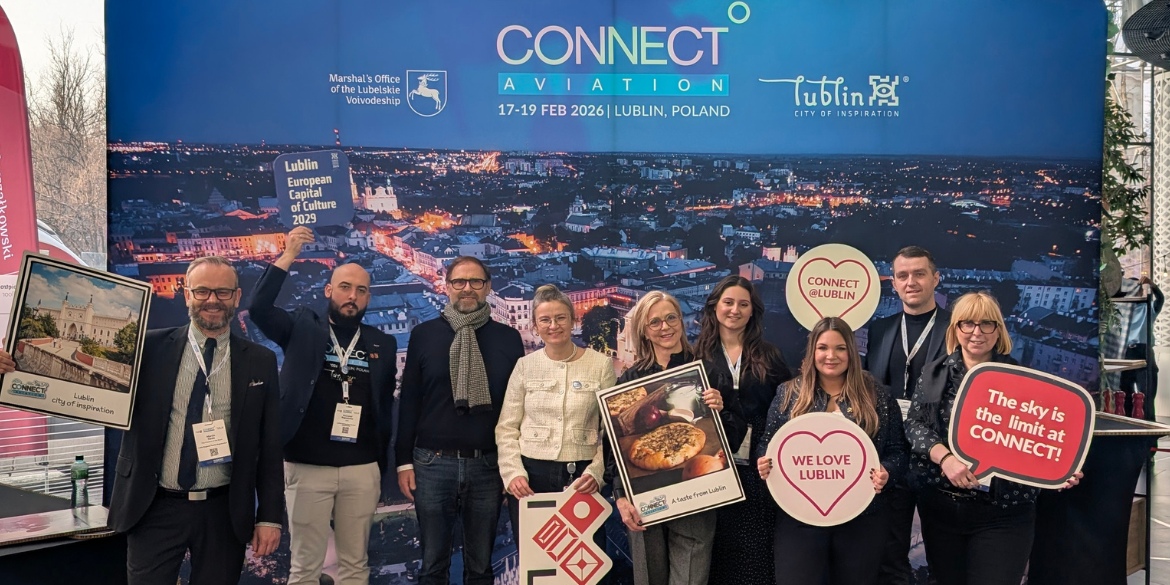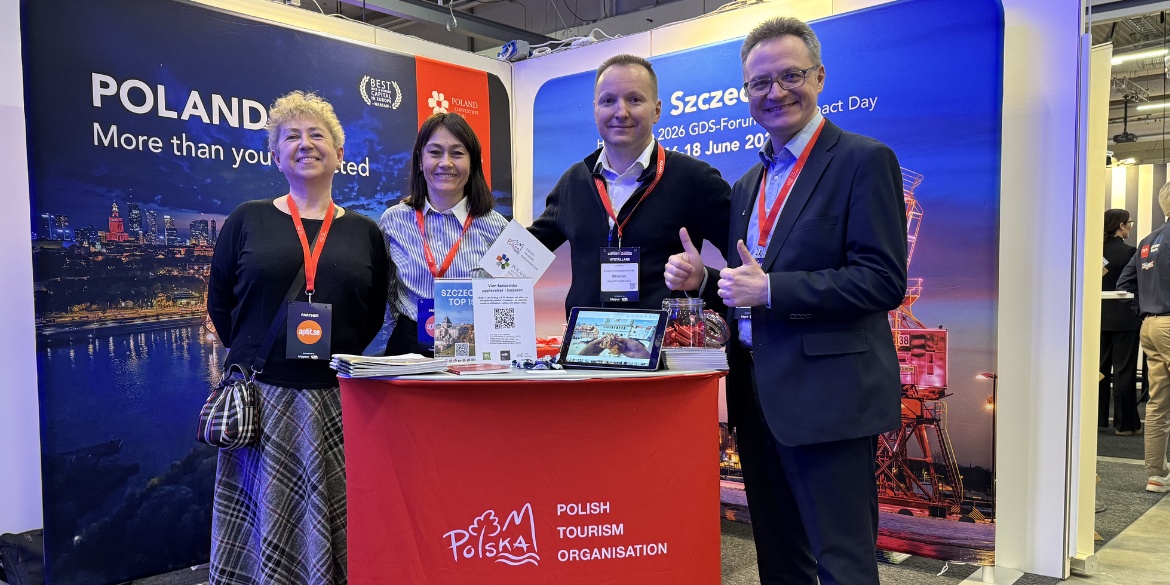Event planning is an exciting and dynamic field, but it often involves navigating a labyrinth of regulations and permits. If you’re considering organizing an event in Poland, it’s crucial to understand the legal requirements and procedures involved in event planning. This blog post will serve as a comprehensive guide to help you navigate event planning regulations in Poland.
Understanding the Landscape
Understanding the landscape of event planning in Poland is crucial, as it is not a one-size-fits-all solution. Event planning regulations in the country are subject to the authority of local government bodies, implying that the requirements can vary from city to city or district to district. Consequently, event organisers must invest time and effort into gaining comprehensive knowledge of the legal framework that pertains to their chosen event location.
The variability in event planning regulations across Poland highlights the importance of conducting thorough research and due diligence before commencing event preparation. The initial step in this process involves identifying the specific city or district where the event will occur. Once this is determined, the next step is to engage with local authorities to ascertain the exact legal requirements and permitting procedures necessary for hosting the event successfully.
For event organizers, understanding the legal landscape also involves staying up-to-date with changes or updates in local regulations. Polish municipalities occasionally modify their event planning guidelines, so ongoing awareness is essential to remain compliant. Furthermore, knowing the legal landscape can help event planners anticipate potential challenges, which can streamline the entire planning process.
Moreover, the legal landscape for event planning in Poland encompasses a wide range of factors, such as noise regulations, zoning requirements, health and safety standards, and permits for alcohol service. The intricate details can vary significantly from one location to another, necessitating a tailored approach for each event.
In addition to the legal considerations, understanding the cultural and social landscape of the chosen event location is equally important. Local customs, traditions, and public sentiment can influence the success and reception of an event. Therefore, event planners should not only focus on legal aspects but also immerse themselves in the local culture and community to ensure that their event aligns with the expectations and values of the region.
In conclusion, navigating the diverse landscape of event planning in Poland requires a deep understanding of each city or district’s legal, cultural, and social aspects. Event organizers must research local regulations, stay informed about changes, and connect with the local community to ensure a successful and compliant event.
Permits and Licenses
Permits and Licenses are the essential pieces of the event planning puzzle, akin to the foundation on which the success and legality of your event rests. These components are like the keys that unlock the door to a well-executed and trouble-free gathering, ensuring you have all your bases covered. Here’s a closer look at the crucial permits and licenses that are vital for a seamless and captivating event:
- Event Permit: This is the linchpin of event planning. Almost all events require this permit, serving as a comprehensive document covering various critical aspects. It encompasses crowd control strategies, safety measures to protect attendees, and detailed emergency plans, ensuring the safety and well-being of all participants.
- Food and Beverage License: Securing a food and beverage license is paramount if your event involves serving delectable culinary delights and refreshing beverages. This license guarantees that your event complies with the highest health and safety standards, safeguarding the health of your guests.
- Alcohol License: For those aiming to add a touch of spirits to their event, an alcohol license is a non-negotiable prerequisite. It may come with specific restrictions, such as designated serving hours, so reviewing and complying with these regulations diligently to avoid any legal issues is essential.
- Music and Entertainment License: Ensure you obtain the requisite license if your event features live music or entertainment. This license protects you against copyright infringements, allowing you to enjoy the event without worrying about legal entanglements.
- Traffic Control Permits: Large events often impact local traffic flow. Collaboration with local authorities is indispensable to manage road closures and detours effectively. Securing traffic control permits will help maintain order and safety for event attendees and residents, ensuring a harmonious coexistence.
In the intricate world of event planning, these permits and licenses play a critical role in weaving the tapestry of a memorable, enjoyable, and compliant event. The careful assembly of these essential puzzle pieces ensures a seamless event. It demonstrates your commitment to safety, health, and legal adherence, creating an event that leaves a lasting impression while abiding by the highest standards.
Safety and Security
Safety and security hold utmost significance in any event or gathering. To guarantee the well-being of all those participating, developing a comprehensive safety plan that addresses various critical aspects is imperative. This plan should encompass essential elements such as first-aid stations, fire safety measures, crowd control strategies, and the deployment of security personnel.
First-aid stations are crucial as they serve as immediate medical assistance points in case of accidents or medical emergencies. Adequate staffing, necessary medical supplies, and clear signage directing attendees to these stations are vital components of this plan.
Fire safety must also be a priority, with clearly marked fire exits, functioning fire alarms, and well-trained staff who know how to respond swiftly in a fire emergency. Regular fire drills and checks on fire extinguishers are essential in maintaining a safe environment.
Effective crowd control measures ensure that the event remains organised and people can move safely without overcrowding. This includes delineating entrance and exit points, installing barriers, and training staff to manage crowds efficiently.
The presence of uniformed and undercover security personnel is instrumental in deterring potential threats and managing any security issues that may arise. Proper screening and background checks for security staff are essential to ensure attendees’ safety.
These preventive measures safeguard the well-being of event-goers and provide peace of mind to organisers, ensuring the event runs smoothly and without significant disruptions. In summary, a comprehensive safety plan covering first aid, fire safety, crowd control, and security is paramount to the success and security of any event.
Environmental Impact
In today’s modern era, taking proactive steps to address the environmental impact of your event has become an essential aspect of event planning. Regulations and guidelines often require event organizers to consider various eco-friendly practices, including waste management, energy consumption, and conducting environmental impact assessments.
Waste management involves efficiently handling and disposing of waste generated during the event. This may include recycling bins, composting options, and minimizing single-use plastics. Compliance with waste management regulations reduces the event’s ecological footprint and contributes to a cleaner and more sustainable environment.
Energy consumption is another key focus, with regulations emphasising the need for energy-efficient lighting, heating, and cooling systems. Event planners should explore sustainable energy sources like solar or wind power to minimize the carbon footprint.
Conducting environmental impact assessments is a critical step in understanding the potential ecological consequences of the event. This assessment may involve evaluating the impact on local flora and fauna, water bodies, and air quality. It helps in identifying areas that require mitigation efforts.
By complying with these environmental regulations, event organizers demonstrate a sense of responsibility and attract eco-conscious attendees who appreciate and support environmentally-friendly initiatives. Embracing sustainable practices can enhance an event’s reputation and create a positive image for the organisers and the attendees, fostering a collective commitment to a greener future. In summary, addressing the environmental impact of your event is not just a regulatory requirement; it reflects responsible and sustainable event planning that can benefit both the environment and the event’s attendees.
Local Partnerships
Building solid relationships with local authorities, emergency services, and nearby businesses is a strategic move that can provide numerous advantages for event organizers. First and foremost, these connections can be invaluable when navigating the complex regulatory landscape. Local authorities, including city governments and law enforcement, often play a pivotal role in permitting and ensuring the safety and success of events. A positive working relationship with them can facilitate the acquisition of necessary licenses and permits and help in understanding and complying with local laws and regulations.
Emergency services, such as fire departments, medical response teams, and police, are essential partners in ensuring the safety of event attendees. Establishing a rapport with these services can lead to efficient emergency response times and ensure that the event has adequate medical and security support.
Collaboration with nearby businesses is also crucial, as it can alleviate potential disruptions and inconveniences that the event may cause to the local community. Such relationships can lead to cooperation in managing traffic, parking, and noise levels, ultimately enhancing the overall experience for event-goers and residents.
Furthermore, fostering goodwill within the community significantly benefits these relationships. A positive image and reputation within the local area can lead to increased support and participation from the community, potentially boosting attendance and overall event success.
In summary, building and maintaining strong relationships with local authorities, emergency services, and neighbouring businesses is a strategic investment that not only eases the regulatory processes but also contributes to the event’s overall safety and success while enhancing the event’s standing within the community.
Timing is Everything
Initiating your event planning well in advance is fundamental to ensuring a successful and hassle-free event. One critical aspect that requires early attention is securing the necessary permits and licenses. This process can be unexpectedly time-consuming, and thus, commencing it early is imperative.
Understanding the specific timelines involved in this bureaucratic journey is essential for preventing potential hiccups. Different permits and licenses have varying processing times, and some may require additional documentation or approvals from multiple authorities, making the process more intricate.
Early planning enables event organisers to allocate sufficient time for each step, including applications, inspections, and reviews. It also allows flexibility in case any delays or issues arise during the permitting process.
By taking a proactive approach and initiating the permit and license acquisition process well in advance, event planners can minimise the stress and uncertainties associated with last-minute arrangements, ensuring that their event unfolds smoothly and complies with all legal requirements.
In summary, beginning event planning early, specifically securing permits and licenses, is a prudent strategy to ensure a well-organised and successful event while avoiding last-minute complications.
Navigating event planning regulations in Poland is a multifaceted journey. By familiarising yourself with the specific requirements of your chosen location, obtaining the necessary permits and licenses, prioritising safety, respecting the environment, and establishing solid local partnerships, you can set the stage for a successful event. Remember, these regulations exist not to stifle your creativity but to ensure the safety and well-being of all involved. With careful planning and regulatory compliance, your event in Poland can be a memorable and lawful experience for all.
Read also:
- MIRCIM 2025: Kraków to Host the 10th Anniversary Edition of Medical Conference
- EUROMEMBRANE 2027 conference to be held in Gdansk, Poland
- International Conference of the Association of Critical Heritage Studies (ACHS) 2028 in Warsaw




